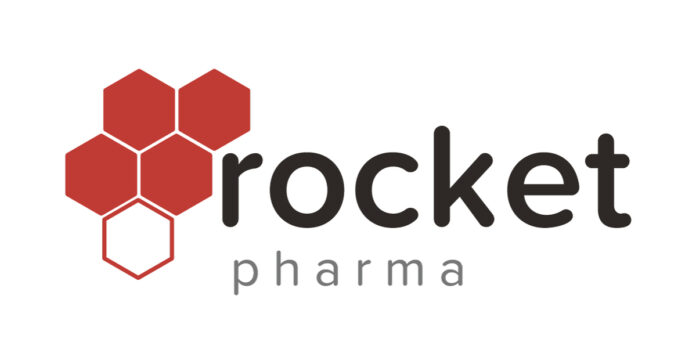CRANBURY, N.J.– Rocket Pharmaceuticals, Inc. (NASDAQ: RCKT), a leading late-stage biotechnology company advancing an integrated and sustainable pipeline of genetic therapies for rare disorders with high unmet need, today announced that the U.S. Food and Drug Administration (FDA) has granted Regenerative Medicine Advanced Therapy (RMAT) designation to RP-A501, the Company’s investigational adeno-associated virus (AAV)-based gene therapy for the treatment of Danon Disease, a devastating and fatal genetic cardiac disease for which there are no disease-altering therapies available. RMAT designation was granted based on positive safety and efficacy data from the Phase 1 RP-A501 clinical trial and will provide the benefits of added intensive FDA guidance and expedited review through the program’s development.
“Today’s exciting RMAT designation demonstrates recognition from the FDA of the early meaningful benefit of RP-A501 in Danon Disease and its potential to deliver lifesaving treatment for patients,” said Gaurav Shah, M.D., Chief Executive Officer, Rocket Pharma. “We look forward to the FDA’s added guidance and support on the most efficient development and approval pathway for RP-A501, including on our anticipated Phase 2 pivotal trial with the opportunity for accelerated approval.”
Dr. Shah continued, “RP-A501 is the first cardiac gene therapy to receive RMAT designation from the FDA, and today’s news is another important step forward both for patients with Danon Disease and for the gene therapy field. We remain on track to initiate our Phase 2 trial in the second quarter and are thankful to the FDA for their continued collaboration.”
Established under the 21st Century Cures Act, RMAT designation is a dedicated program designed to expedite the drug development and review processes for promising pipeline products, including gene therapies. A regenerative medicine therapy is eligible for RMAT designation if it is intended to treat, modify, reverse or cure a serious or life-threatening disease or condition, and preliminary clinical evidence indicates that the drug or therapy has the potential to address unmet medical needs for such disease or condition.
Similar to Breakthrough Therapy designation, RMAT designation provides the benefits of intensive FDA guidance on efficient drug development, including the ability for early FDA interactions to discuss surrogate or intermediate endpoints, potential ways to support accelerated approval and satisfy post-approval requirements, potential priority review of the Biologics License Application (BLA) and other opportunities to expedite development and review. Rocket also holds Orphan Drug (U.S.) and Rare Pediatric designations for the RP-A501 program.
The initiation of the Phase 2 pivotal trial is on track for the second quarter of 2023. As previously disclosed, the Company anticipates pursuing a single arm, open-label trial with a biomarker-based composite endpoint and a natural history comparator.
Results from the Phase 1 program represent one of the most comprehensive investigational gene therapy datasets for any cardiac condition. RP-A501 was generally well tolerated with evidence of restored expression of the deficient LAMP2 protein and durable improvement or stabilization of clinical parameters in the Danon Disease patients treated in the Phase 1 study.
Data show consistent and robust improvements in multiple parameters including protein expression, reduced autophagic vacuoles, brain natriuretic peptide (BNP), troponin, left ventricular (LV) mass and thickness, and improved New York Heart Association (NYHA) class and Kansas City Cardiomyopathy Questionnaire (KCCQ/Quality of Life) measurements. Notably, these improvements and stabilization of BNP and NYHA class are in stark contrast to BNP increases and NYHA class deterioration observed in a representative sample of pediatric and adolescent natural history patients. Overall, the results demonstrate improvements and/or normalization across multiple quantifiable parameters that cardiologists use in clinical practice to enable risk assessment and treatment decisions.


